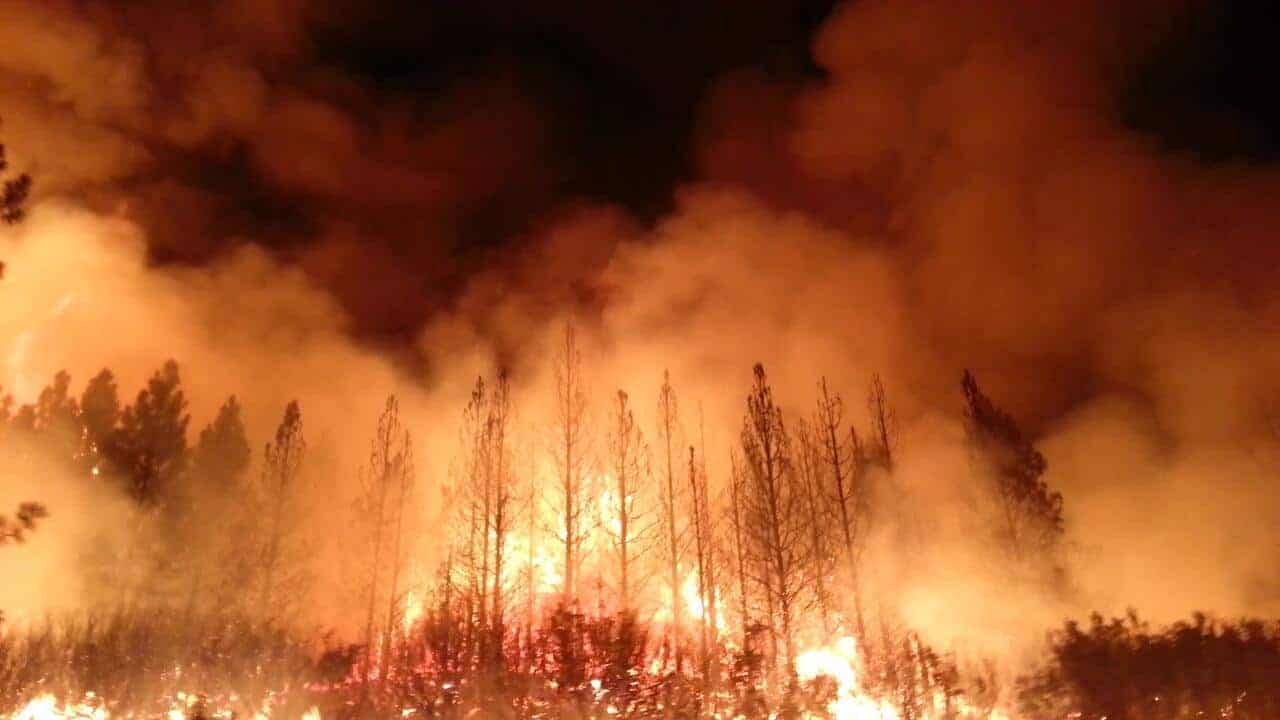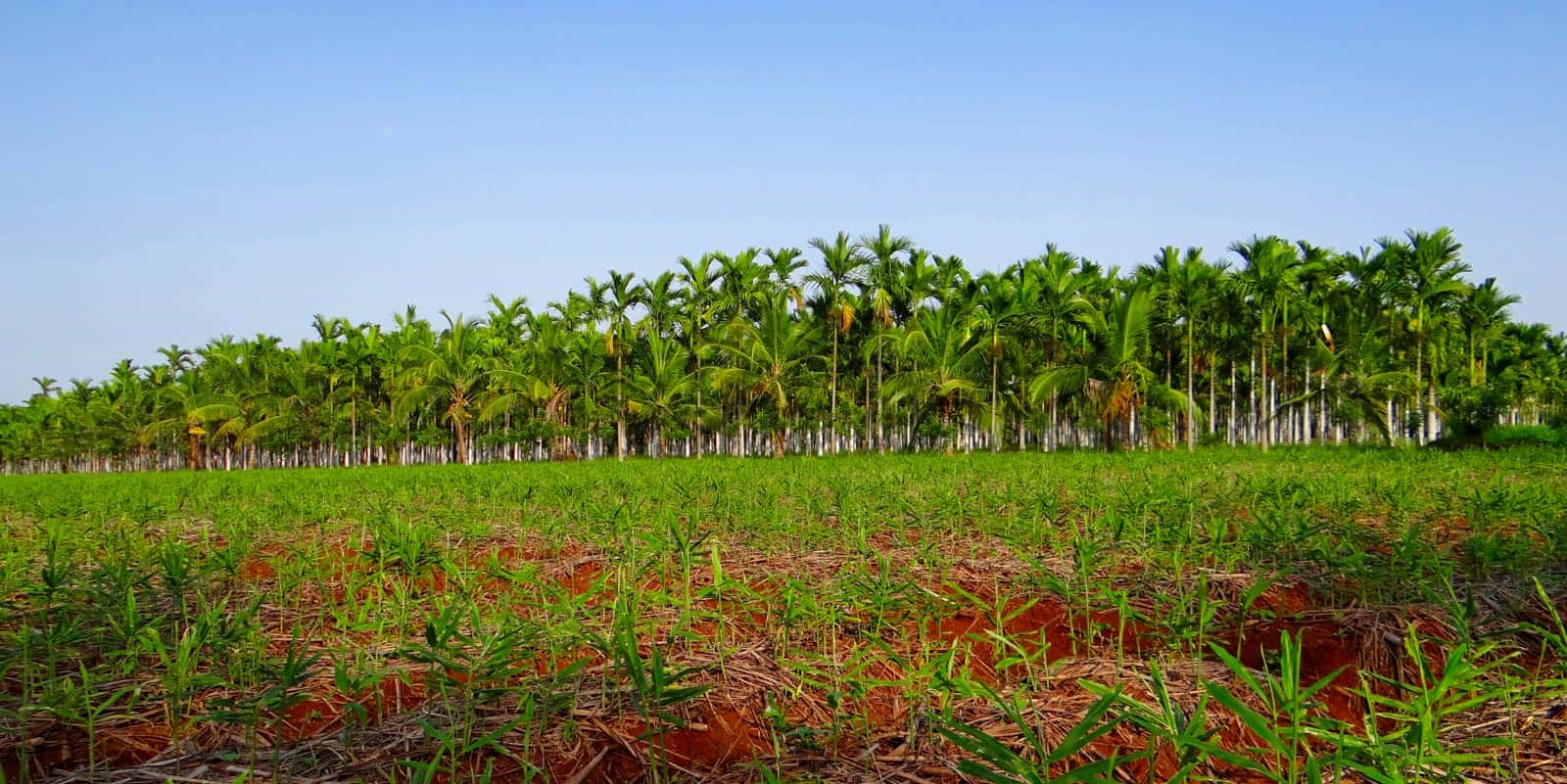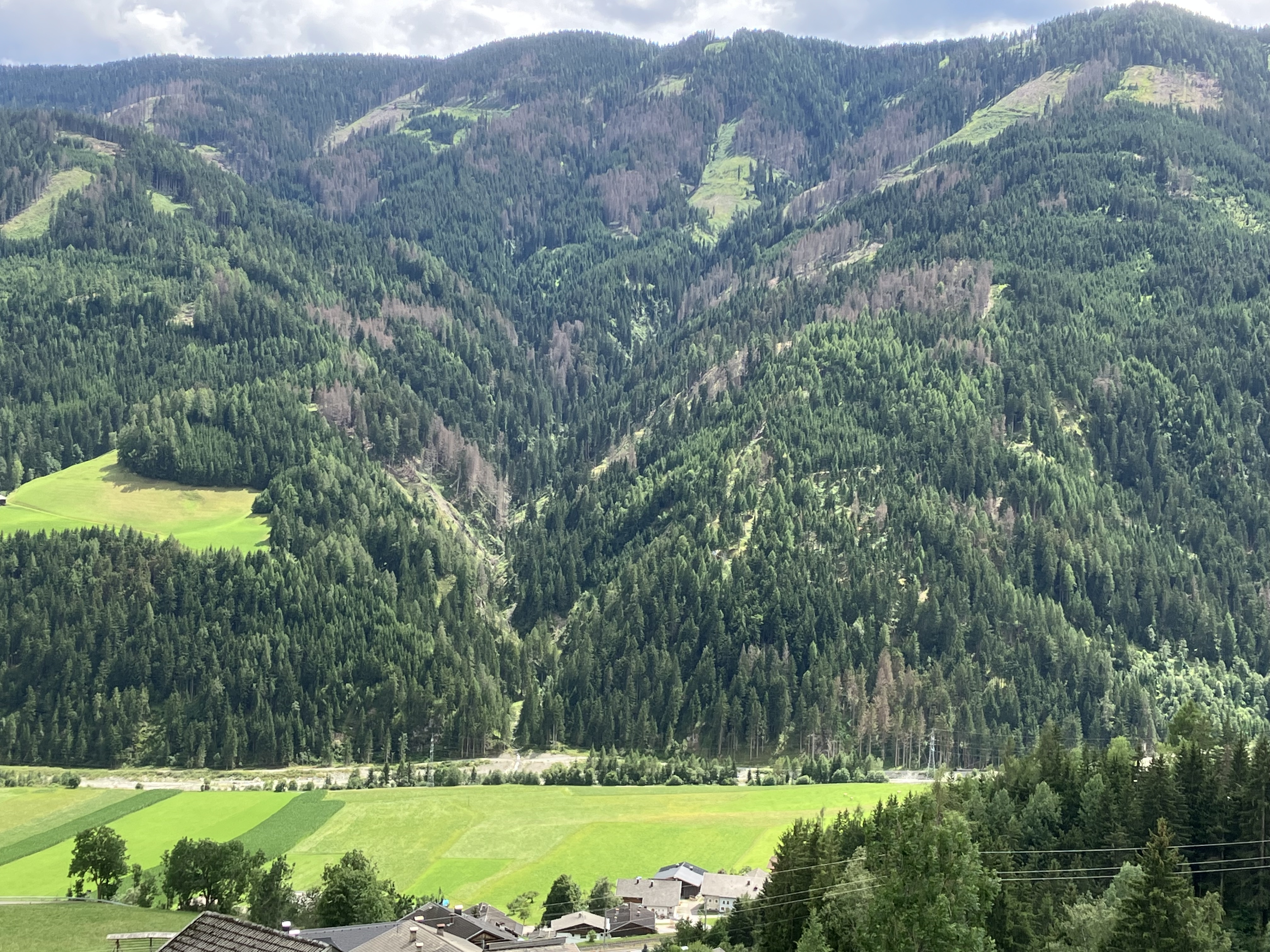The need for studying the Climate Endgame
While the northern hemisphere suffers under intense summer heatwaves, a new study highlights how catastrophic climate change outcomes haven’t been properly explored.
The state of the art of climate change studies
In the last decades, scientists have incessantly studied climate change, with a major focus on scenarios that foreseen limited warming compared to temperatures prior to the global industrialisation of the 19th century. This is well reflected in the reports produced by IPCC responsible for advancing knowledge on human-induced climate change and informing the policy-making processes. Researchers have focussed on these lower temperature scenarios for good reasons.
Following the 5th Assessment Report of IPCC, the Paris climate agreement saw almost every nation on Earth agree to a deal that aims to keep the rise in mean global temperatures well below 2 °C, and preferably limit the increase to 1.5 °C, emphasising how this would substantially reduce the negative effects of climate change. As a consequence of this, it comes naturally for the scientific sector to show exactly what this type of change would mean.
However, studies of IPCC reports have already found that IPCC assessments have shifted away from extreme warming to increasingly focusing on lower temperature rises not giving enough attention to scenarios that might matter the most. Indeed, even if these studies show how keeping temperatures close to the identified threshold levels of temperature will take a heavy toll on global economies, they do not envisage more extreme scenarios.
Catastrophic climate change scenarios in need of research focus
According to a new study, global heating could become catastrophic for humankind if temperature rises are worse than many predict and potentially cause cascades of events which are yet to be considered. Such a catastrophe was referred to as the “climate endgame”. Though these scenarios had a small chance of occurring, given the several uncertainties in future emissions and the climate system, cataclysmic scenarios could not be ruled out according to the international team of researchers led by the University of Cambridge.
“There are plenty of reasons to believe climate change could become catastrophic, even at modest levels of warming,” said Dr Luke Kemp, lead author of the paper. “Climate change has played a role in every mass extinction event. It has helped fell empires and shaped history.” The report states how paths to disaster are not limited just to the direct impacts of high temperatures. Indeed, knock-on effects such as food and financial crises, conflicts and new disease outbreaks could trigger other calamities.
The analysis, published in the journal Proceedings of the National Academy of Sciences, argues that the consequences of global heating beyond 3 °C have been underexamined, compared to their likelihood. Similarly, not enough focus was put on identifying these potential tipping points, where a small rise in global temperature results in a big change in the climate, such as methane emissions from melting permafrost or dying ocean ecosystems not being able to stock carbon anymore. Tipping points could trigger others in a cascade, generating even more detrimental consequences.
Planning for the climate endgame
The international team of experts argues the world needs to start studying the possibility of the climate endgame in order to prepare for it. Analysing the mechanisms for these extreme consequences could help foster action, improve resilience, and inform policy and decision-making processes. To properly assess all these risks and take action, the authors are calling on the IPCC to dedicate a future report specifically to catastrophic climate change scenarios. Carrying out this research would galvanise research promoting risk analysis for possible drastic interventions compared to the worst effects of climate change. Focussing on the worst-case scenarios could also help inform the public and spur societal action which might actually cause a greater influence on policy.
I think it’s sane risk management to think about the plausible worst-case scenarios and we do it when it comes to every other situation, we should definitely do when it comes to the fate of the planet and species.






